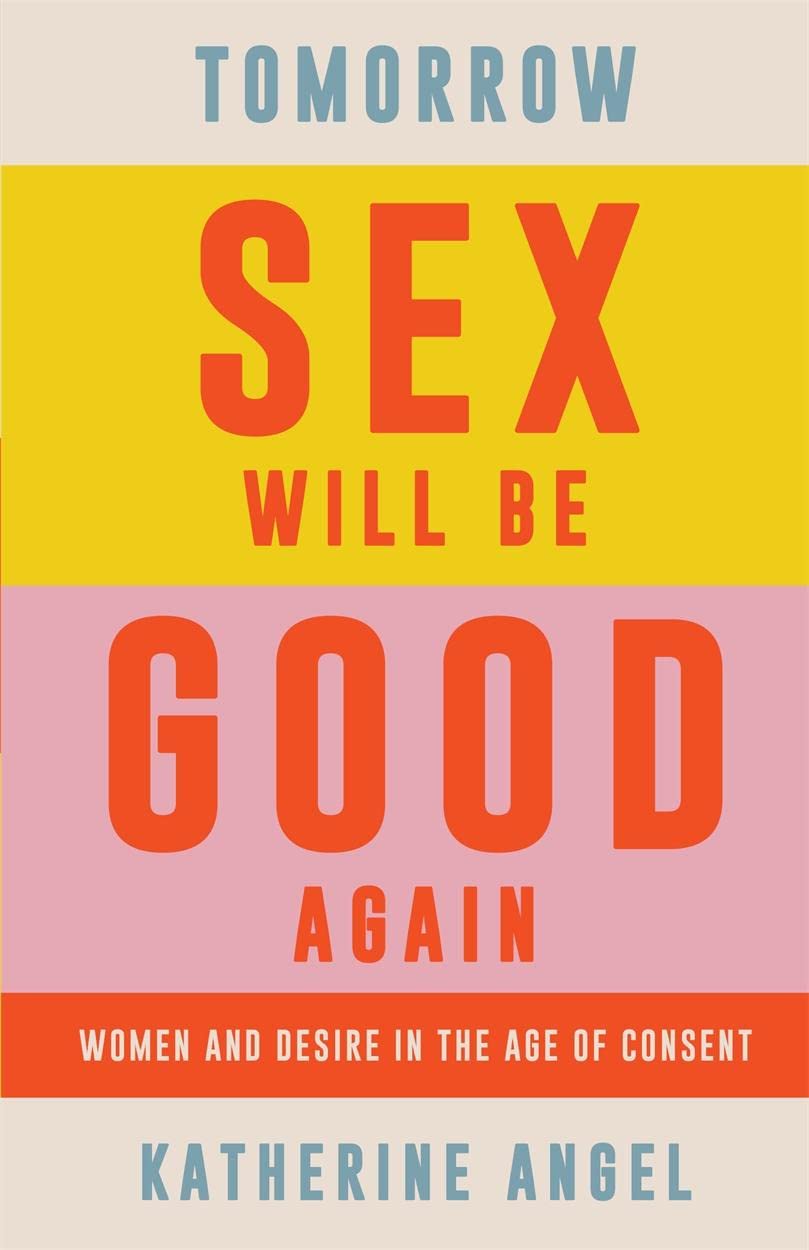
Review by Cinnamon Williams, University of Florida
Publisher: Verso Books, 2021
Length: 160 pages
In the July/August 2022 issue of Rolling Stone, rising hip-hop star Megan Thee Stallion pondered why her assault at the hands of rapper Tory Lanez had not garnered more public sympathy, support, and care. Despite Lanez shooting at and injuring her—today, bullet fragments remain in her feet from his violent assault in the summer of 2020—Megan rightly discerned that victim status was incompatible with Black womanhood, especially if the Black woman in question did not look, speak, or play the part. “…I don’t know if people don’t take it seriously because I seem strong. I wonder if it’s because of the way I look. Is it because I’m not light enough? Is it that I’m not white enough? Am I not the shape? The height? Because I’m not petite? Do I not seem like I’m worth being treated like a woman?” Predictably, during the resulting criminal trial, the defense team representing Lanez introduced Megan’s sexual history into the proceedings, hoping to use her confidence, public persona, and outspoken sexual desire in much of her music to invalidate her testimony about his violence. As Katherine Angel notes, “Once a woman is thought to have said yes to something, she can say no to nothing.” Not even bullets.
Katherine Angel’s Tomorrow Sex Will Be Good Again proceeds from a provocative premise: that, perhaps, too much emphasis is placed on women’s speech in our contemporary discussions about sex. We imagine that if only women are clear about what they want, firm in making decisions about sex, and—most importantly—vocal about how they expect the act to unfold that unpleasant, unsatisfying, and violent sexual encounters will all simply disappear. Angel writes against these rhetorical and presumptive lynchpins of consent culture, arguing first, that there is very little room for ambivalence within this framework that dominates our public landscape and second, that the unpredictability of sex itself is erased when we speak in the language of consent, undergirded as it is by absolutes of “yes” and “no.” The second point bears repeating: sex is unpredictable, even when people have verbally agreed to it. Saying yes cannot ensure certainty about what exactly will ensue at each step, and it certainly cannot guarantee a pleasurable experience for the woman. This is what it means to enter into relation with someone else, to learn yourself through another, to clarify your desires through shared and spontaneous experience. It means admitting that maybe we don’t know what we want from sex until it actually begins, during the encounter, and after it is over. Rather than understand that as a liability, Angel contests that we can proceed from that ground to have more honest, difficult, and vulnerable exchanges about the messiness of sex.
The short text is divided into four concise sections on consent, desire, arousal, and vulnerability. In the first chapter, Angel releases women from the consent burden, reminding us that “speech and truth-telling are not inherently emancipatory,” and neither is silence fundamentally repressive (9). In an era of confidence feminism—ushered in by popular texts such as Sheryl Sandberg’s Lean In: Women, Work, and the Will to Lead, Sophia Amoruso’s #Girlboss, and Shonda Rhimes’ Year of Yes: How to Dance It Out, Stand in the Sun, and Be Your Own Person—women are taught to think that the solution to structural inequality is merely speaking up. Angel’s intervention into this popular strand of feminism is to highlight its individualist wish to end sexism, one woman at a time. She also reveals the emptiness of a promise that speaking up will yield meaningful gains, given that women are continually punished for doing precisely what proponents of confidence feminism advocate. For what happens when speaking up results in a dismissal of women’s desires? Or harsher working conditions? Or (more) violence?
What is most arresting about Angel’s offering is the final chapter on vulnerability. Here, she converses with a number of texts that, while well-meaning, have advanced the idea that we can know ourselves sexually independent of interactions with others, including Jaclyn Friedman’s What You Really Want: The Smart Girl’s Shame-Free Guide to Sex and Safety and Karen Gurney’s Mind the Gap: The Truth About Desire and How to Futureproof Your Sex Life. Instead of marking sexual knowledge as a realm that we can perfect in solitude, Angel risks positing that the vulnerability that defines sexual encounters is a strength for women, not an embarrassment. Not knowing what to articulate, not being certain of what will bring pleasure, and not holding on to a prefixed idea of how we will feel after sex ends are all powerful acknowledgements to make as we find and feel our way through fundamentally unpredictable encounters. Scholars and teachers of feminist theory will find this text incredibly useful for working with in undergraduate feminist theory courses, especially if they are taken by the task of helping students complicate the binaries of consent/refusal, knowledge/ignorance, and speech/silence.
Two questions remain upon concluding the text. First: can women ever have “good sex” under heterosexuality? Angel defines good sex as “sex that is exciting, joyful, and non-coercive” and is clear that women should not be required to know themselves fully in order to achieve that. And yet, heterosexuality requires that women find exciting and joyful what men find exciting and joyful; what is non-coercive is what men say is non-coercive. Would moving outside of the binary of straight woman/straight man yield different insights about women’s experiences of sex? This is not to mark queer or lesbian sex as inherently more emancipatory or less riddled with issues of consent but to ask if the structure of heterosexuality forecloses the possibility of women ever being sexually satisfied.
Finally: for which women were speech, or silence, ever productive or meaningful ends to crafting a sexual subjectivity? For Black women like Megan Thee Stallion, it is painfully clear that speech—the act of it or its contents—does not and never did matter to a vicious culture that has rendered Black women always sexually available and never sexually vulnerable. That whether Black women stay silent, speak up, or strategically choose something in between, they are faced with harsh responses from all corners of society, including other Black people. This is where Angel’s text might be complicated. Several instances of sexual violence against Black women that she mentions in the book—including R. Kelly’s widespread sexual abuse of Black girls in Chicago and Bill Cosby’s history of drugging and raping women who hoped to begin careers in the entertainment industry—are marked by misogynoir and intracommunal demands that Black women shut up about the violence they face in everyday life, even and especially if that violence is at the hands of a Black man, all in the name of protecting the patriarch and advancing the race. When can Black women assume the mantle of vulnerability that she places faith in? When can Black women be vulnerable, not just during sex, but in daily life?
Cinnamon Williams is Assistant Professor of Gender, Sexuality, and Women's Studies at the University of Florida. Willliams' research interrogates how gender continues to organize and constrain Black domestic life. Her book project charts a Black feminist tradition of marking the domestic as a problem for Black women throughout the 1960s, '70s, and '80s. She holds her PhD in Black Studies from Northwestern University.
